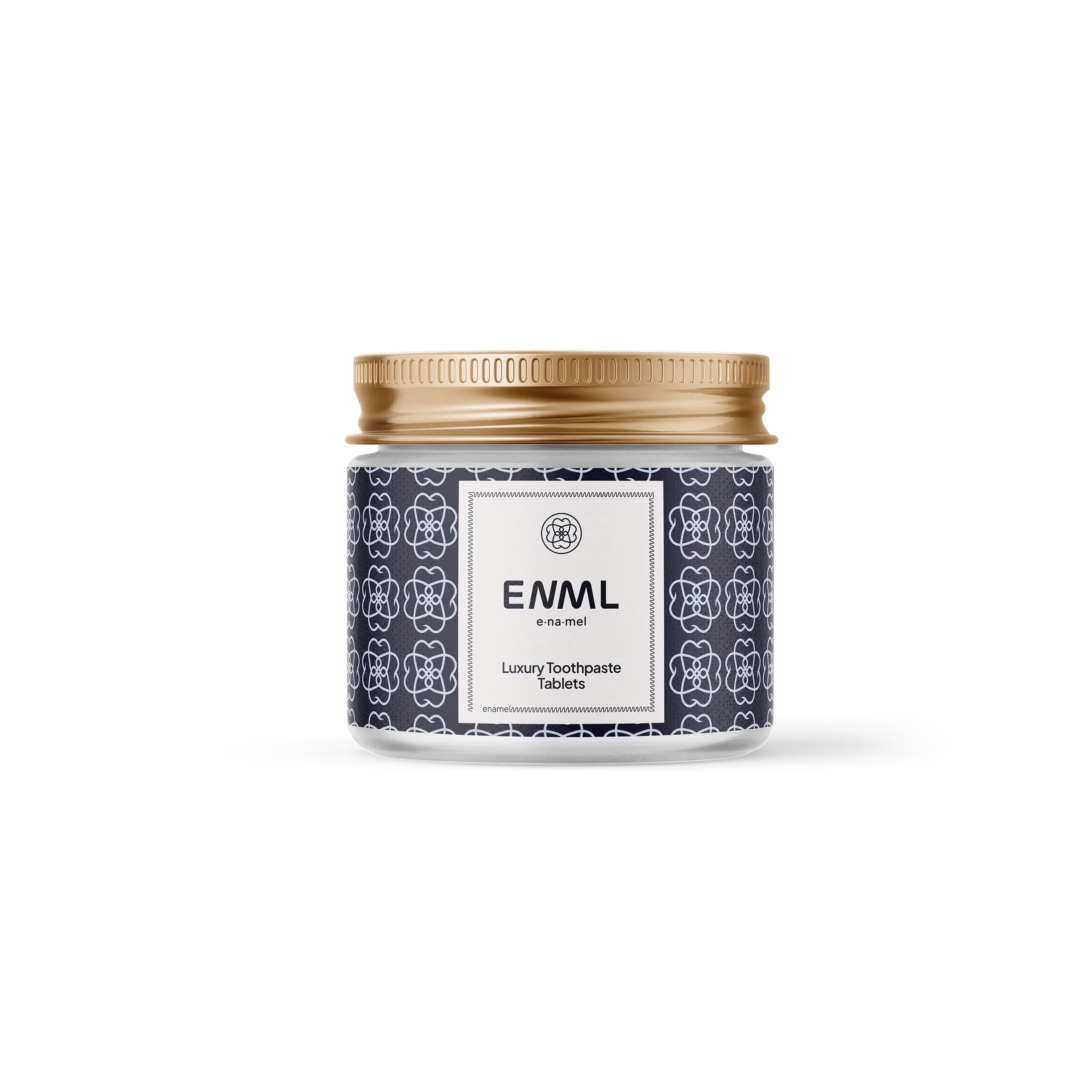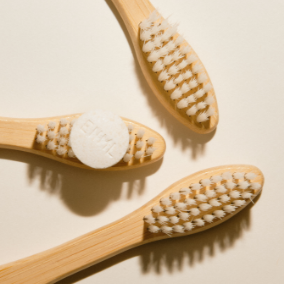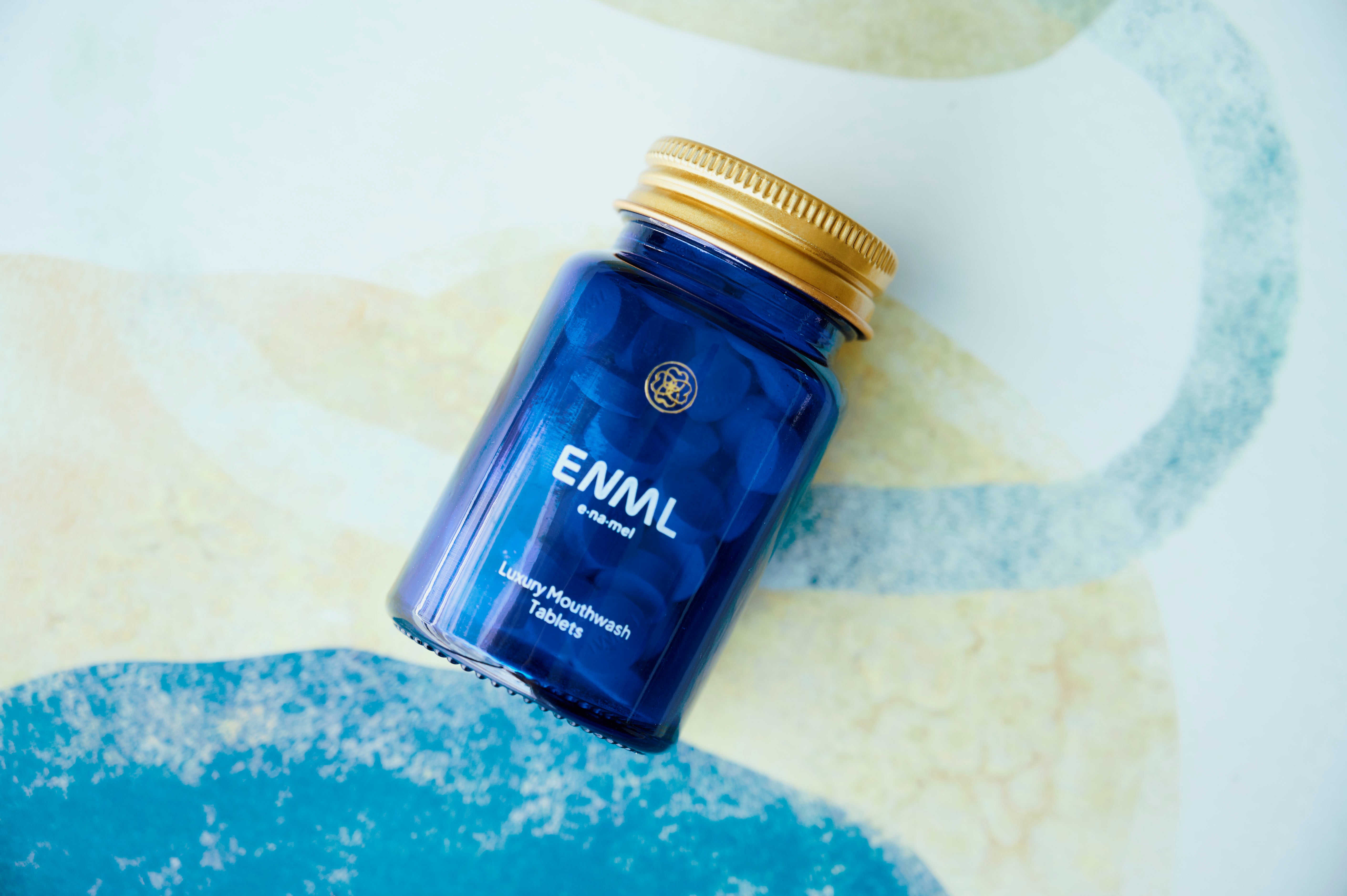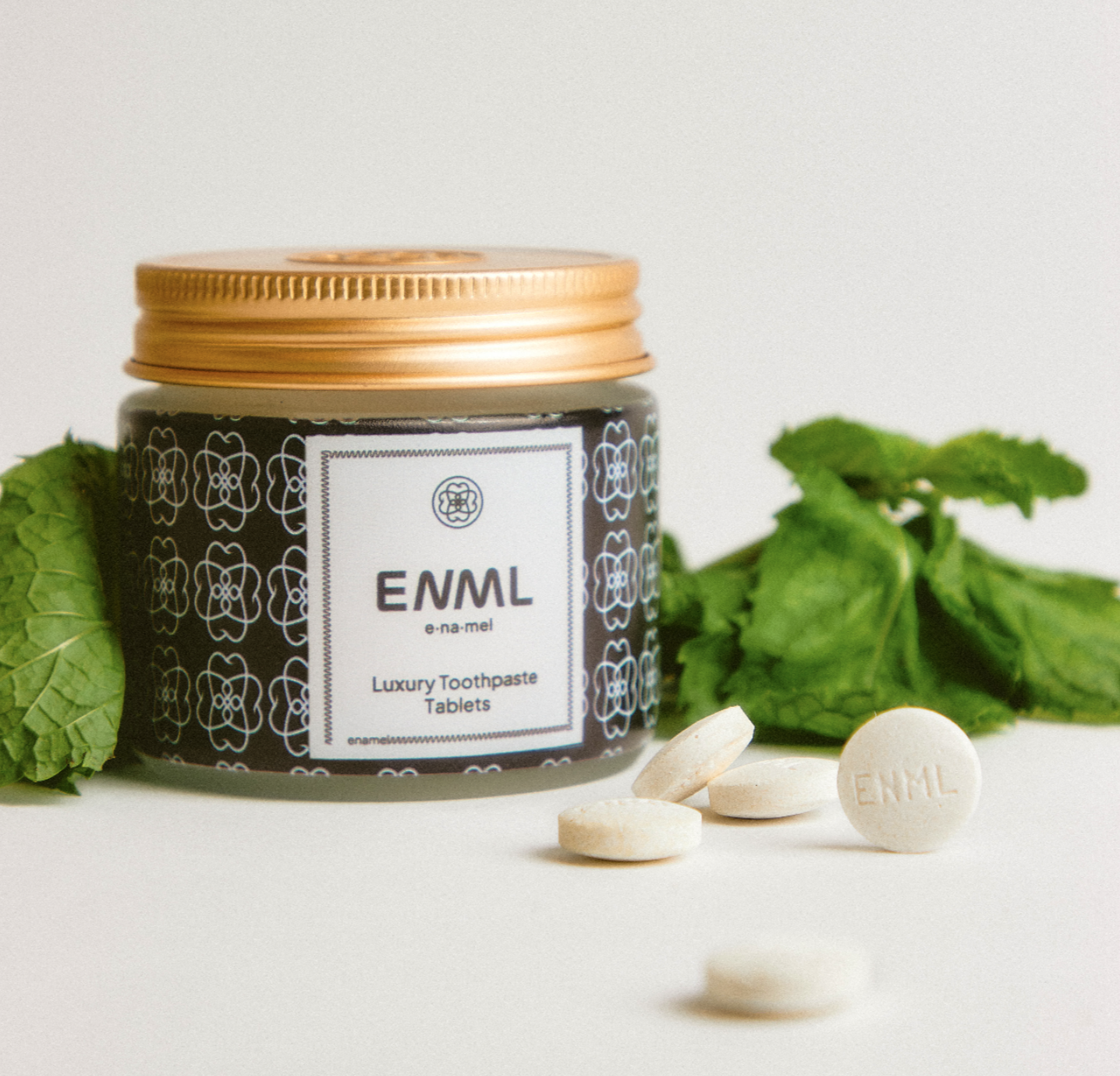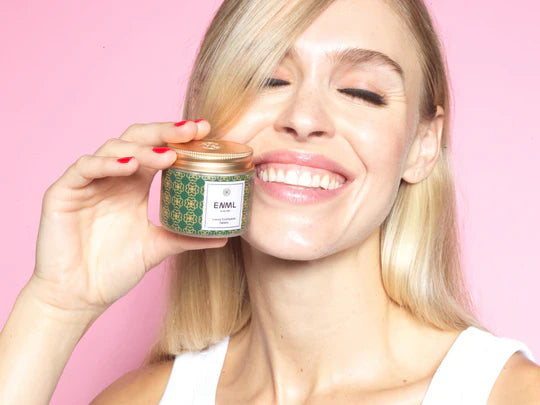Flossing is often the Achilles' heel of oral care routines. Despite its importance in maintaining oral health, many patients either skip it entirely or practice it inconsistently. Dr. Jordan Harper highlights the realistic journey from being a non-flosser to incorporating flossing into a routine, emphasizing that perfection isn’t the goal—progress is.
For individuals new to flossing, starting small is the key. Whether it's flossing once or twice a week or building the habit slowly, taking incremental steps helps ease the transition. Understanding how to navigate the nuances of flossing, from underuse to overuse, ensures a balanced approach to oral care that supports gum and tooth health without causing harm.
Why is Flossing Important, and How Can You Start?
For many patients, flossing seems like a chore. Dr. Harper emphasizes that the goal isn’t to floss perfectly but to introduce the habit gradually. Even flossing once a week can make a significant difference in removing debris and plaque that brushing misses. This step-by-step approach fosters consistency and better oral health outcomes.
💡 Related Post: Is Flossing Necessary for Everyone? Dr. Harper Weighs In
Key Questions and Answers
Why is flossing essential for oral health?
Flossing removes food particles and plaque from between teeth, reducing the risk of cavities and gum disease, areas that a toothbrush cannot reach effectively.
How should beginners approach flossing?
For patients who don't floss, starting with one or two days a week is ideal. Gradual consistency is more achievable and helps develop a lasting habit.
Can flossing too much be harmful?
Yes, excessive flossing can traumatize gums, leading to inflammation and recession. Balance is essential for effective oral hygiene.
Is missing a day of flossing a big deal?
Not at all. Building a flossing habit is about progress, not perfection. Missing a day isn’t the end of the world as long as the routine remains consistent over time.
What alternatives exist for those who dislike traditional flossing?
Water flossers and interdental brushes offer effective and user-friendly alternatives to string floss, catering to individual preferences and needs.
Tips for Building a Flossing Routine
-
Start Small: Commit to flossing once or twice a week initially to build the habit.
-
Set Reminders: Use phone alarms or calendar alerts as prompts.
-
Invest in Alternatives: Try water flossers or pre-threaded floss picks for convenience.
-
Incorporate with Brushing: Pair flossing with brushing to create a seamless oral care routine.
-
Celebrate Progress: Reward yourself for consistency to stay motivated.
Common Misconceptions About Flossing
Flossing Hurts My Gums, So I Shouldn’t Do It
Gum discomfort during initial flossing is common, especially if plaque has built up. Regular flossing reduces inflammation and strengthens gum tissue over time.
I Don’t Need to Floss if I Brush Twice a Day
Brushing alone can’t reach between teeth, where plaque and food particles often accumulate. Flossing complements brushing for a comprehensive clean.
Missing a Day of Flossing Ruins My Progress
Habits take time to develop. Missing a day won’t derail your progress as long as you maintain consistency overall.
Lifestyle Integration
Flossing is an essential part of a holistic oral care routine and seamlessly integrates with other self-care practices. By incorporating flossing into your daily schedule, such as while preparing for bed or during your morning routine, it becomes second nature. Pairing flossing with mindful activities, like listening to your favorite podcast or practicing gratitude, can make the process more enjoyable.
Additionally, portable flossers and floss picks provide flexibility for on-the-go care, ensuring you can maintain your oral health routine even during busy days. For individuals looking to enhance their overall routine, combining flossing with ENML’s innovative products like Mouthwash Tablets ensures a complete and effective approach to oral hygiene, making it easier to stay consistent no matter your lifestyle.
ENML’s sustainable and travel-friendly designs further support individuals in maintaining oral care without compromising convenience. These portable options align with eco-conscious values, allowing you to integrate effective habits seamlessly into modern lifestyles.
Scientific Backing or Research Highlights
Numerous studies emphasize the critical role of flossing in preventing gum disease and interproximal cavities. Research reveals that flossing removes up to 80% of plaque from areas a toothbrush cannot reach, significantly lowering the risk of decay and gum inflammation. Additionally, flossing reduces bacteria levels in the mouth, contributing to better overall health and a reduced risk of systemic issues like cardiovascular disease.
Alternative flossing tools like water flossers have been scientifically validated to be as effective as traditional flossing, particularly for individuals with braces or limited dexterity. A study published in the Journal of Clinical Periodontology demonstrated that water flossers reduced plaque and gingivitis more effectively than string floss over time, reinforcing the value of finding personalized methods to maintain oral hygiene.
ENML’s focus on microhydroxyapatite in their Mouthwash Tablets offers additional benefits by actively remineralizing enamel and reducing sensitivity. Combining scientifically backed flossing habits with advanced oral care products ensures a comprehensive approach to oral health that is both effective and sustainable.
Conclusion
Flossing doesn’t have to feel like an unattainable goal. Starting small and focusing on gradual improvement is the key to building a sustainable habit. Whether you floss once a week or work toward daily flossing, the progress you make will positively impact your oral health.
Ready to elevate your oral care routine? Combine flossing with ENML’s Mouthwash Tablets for a comprehensive approach to cleaner, healthier teeth. Explore the collection today and take the first step toward lasting oral wellness.
Transcript
How often are you telling patients to floss if you're going from zero flossing to some flossing? That's like the first step. Like if you got the patients that like, don't floss at all, I just want to like just a good faith effort. Yep. Try to do it a hundred like once or twice a week. Like change that routine up a little bit.
Right. Just start switching it up. I mean, I've had some patients that are like the ultra flossers and you're like, okay, you're doing a little bit too much flossing and you're like actually traumatizing. Sure. Your gums, but. Honestly, it's just about taking that next, next step forward in whatever the progression is.
I don't think it's like, you definitely are not going to get someone who never flosses to floss every single day out the gate. And I mean, you're going to miss a day you're there. It's not, it's not the end of the world.


